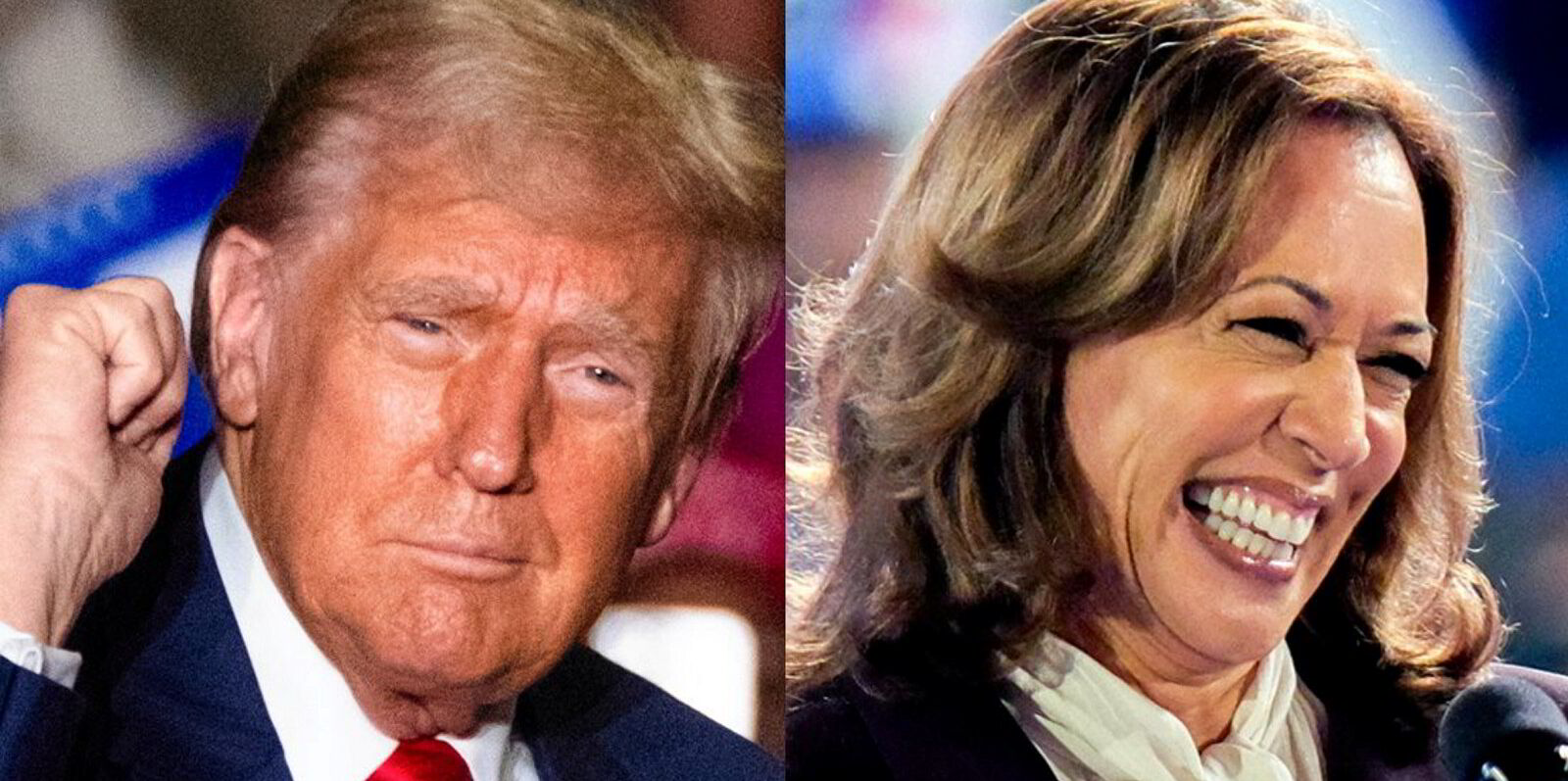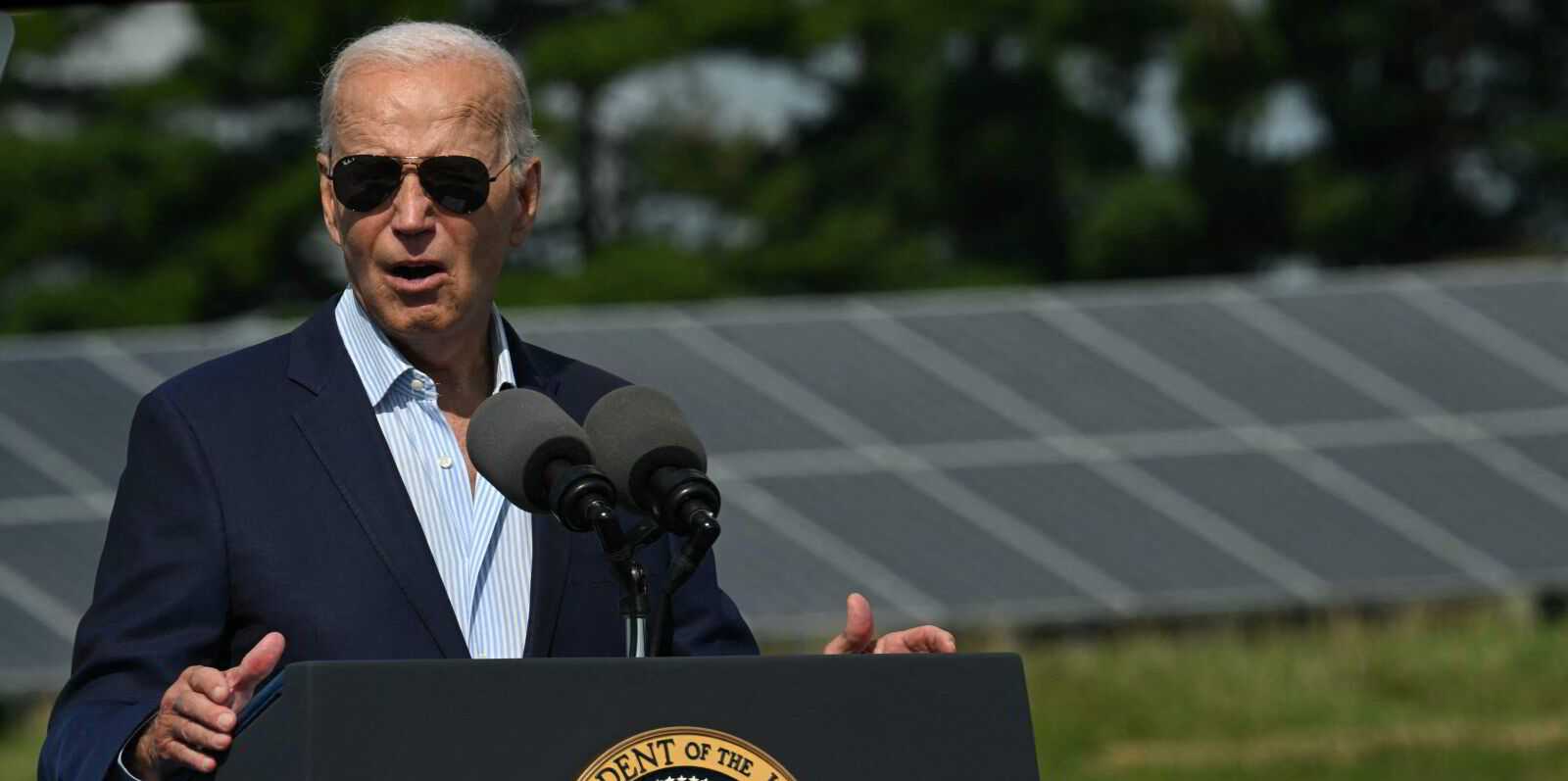I was dizzied by the explosion of campaign signs festooning the walk up to a polling place near my house in Miami’s suburbs.
But this was quieter than the weekend when Donald Trump supporters were waving their giant red flags and anti-abortion protesters were reminding passersby that their souls were at stake at the ballot box.
Election Day is on Tuesday, but many Americans have already cast their ballots in early voting at sites like this.
And the feeling of anticipation is palpable in this country, where a seemingly historic election is too close to predict — if you can even believe polls these days.
In many ways, that has shipping, and many other industries, on tenterhooks as leadership of the world’s largest economy is in play.
Here are just a few things that are at stake for international shipping and trade as Republican Donald Trump seeks a return to the White House and Democrat Kamala Harris seeks to succeed President Joe Biden.
Tariffs and trade
Whether to roll back free trade is not an issue in this election. It’s by how much.
Trump’s first term represented a dramatic shift in America’s relationship with its third-largest trade partner. I can think of no clearer sign that this policy shift resonated with the American electorate than this: Biden kept Trump’s tariffs on China in place and even expanded them.
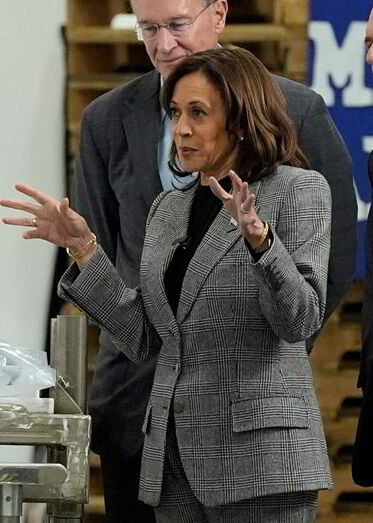
Harris wants to keep those tariffs too, but she sees Trump’s proposed levies on all imported goods as a step too far that would raise prices.
Either way, you can’t help but wonder whether trade dynamics will one day shift. Only 15 years ago, China displaced Japan in the top three US trade partners.
But then again, Americans sure are addicted to logging on to Amazon and having cheap Chinese-made products delivered to their door.
Economy
For US voters, there is nothing more important than the economy in this election — as in most presidential elections in my lifetime.
The odd thing is, the US economy looks so robust, and yet Americans aren’t feeling it because, even though inflation seems tamed, they’re still seeing high prices at the supermarket. It’s not like we’ve got our pre-pandemic prices back.
The two candidates can beat each other up over inflation all they want, but they have both put forward policy platforms that are fundamentally inflationary — although economists believe Trump’s will put more upward pressure on prices.
Perhaps Americans’ focus on inflation will help temper sweeping tariff action, so the Amazon packages will keep flowing.
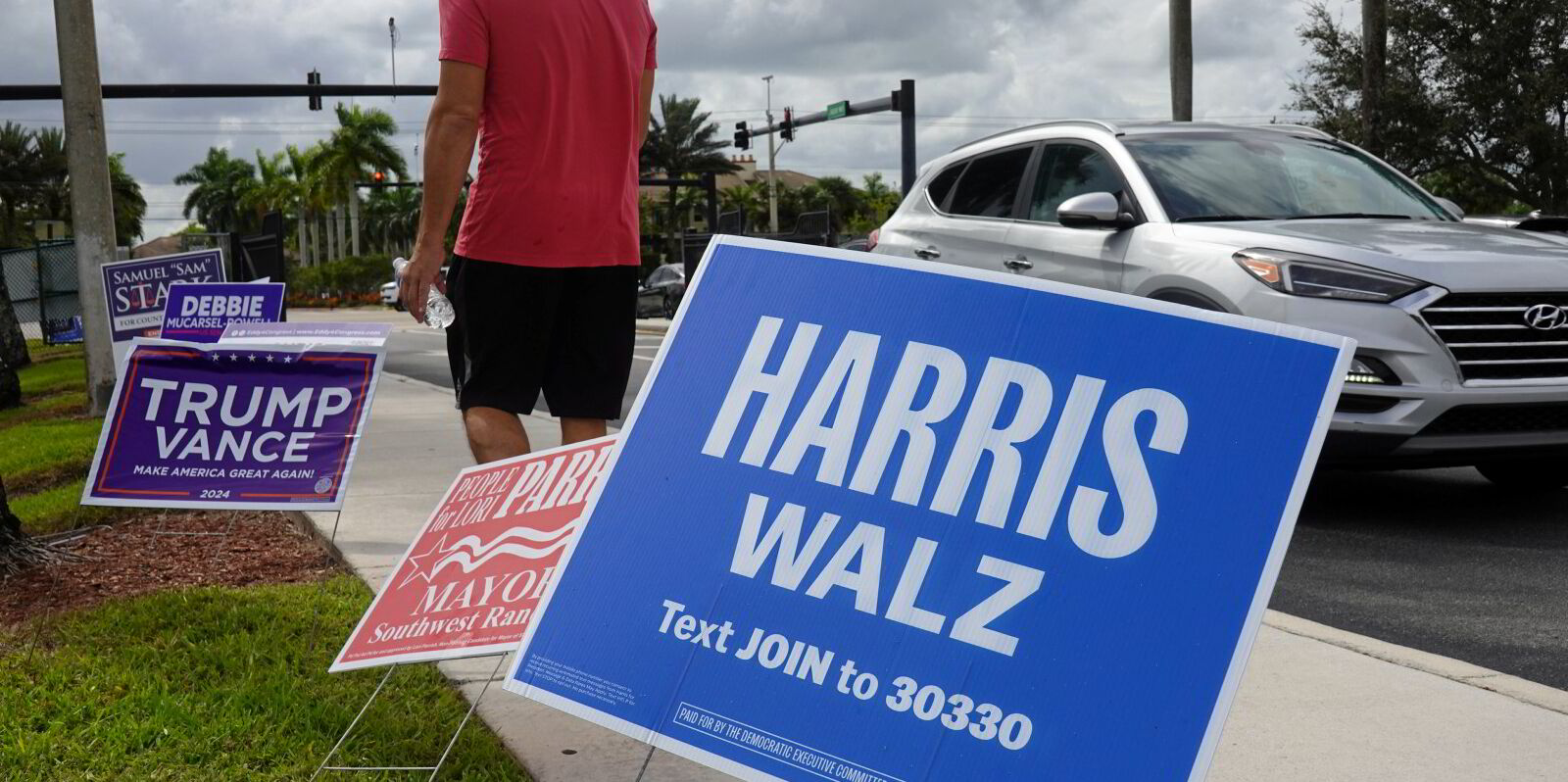
Foreign and domestic shipping
Recent years have seen non-US liner shipping companies become a punching bag for both sides of American politics.
During the strikes across ports on the Gulf Coast and Atlantic Seaboard, Trump supported workers’ right to negotiate for higher wages from liner companies that are “mostly foreign-flag vessels” — taking particular aim at Japanese-controlled Ocean Network Express.
Harris’ overall message was not that different, saying that “foreign-owned shipping” companies should share profits with the dockworkers.
And yet, neither candidate has proposed a solution to reverse the decline of US-flag shipping.
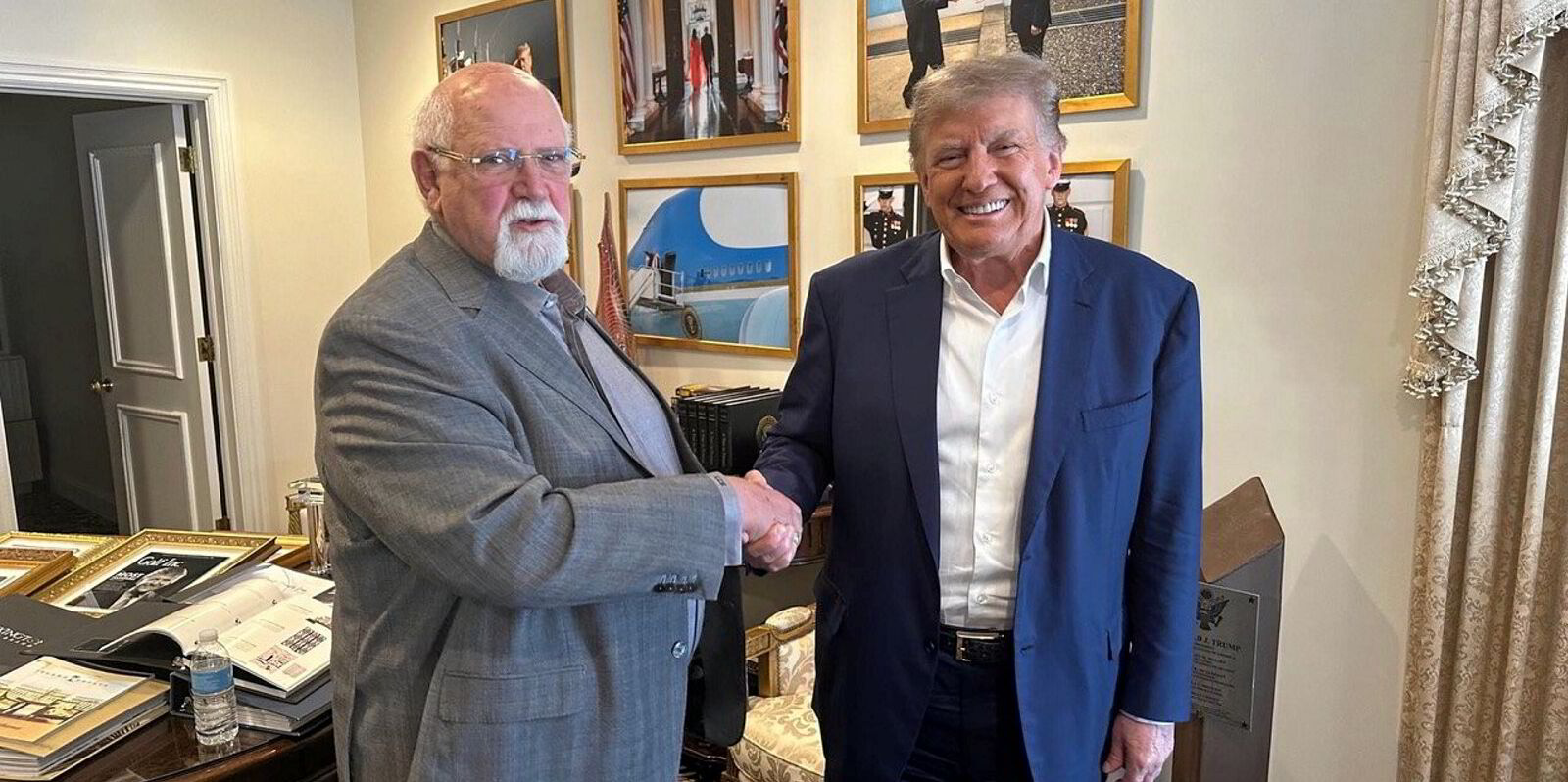
Geopolitics
In recent years, geopolitics have done much to shape the prospects for shipping companies.
While both candidates enjoy bashing China, they are deeply divided on Ukraine and Russia.
Harris wants to continue US support for Kyiv. Trump has said that he wants to end the war quickly, which raises the likelihood also of rolling back the pressure on Russia that has lengthened tonne-miles in shipping.
Climate
When it comes to climate change, the differences between the candidates are stark.
Harris cast the decisive vote on the Inflation Reduction Act and its tax credits for green fuels, and she’s likely to continue down the path forged by Biden on offshore renewable power. She supported Biden’s moratorium on new US LNG export plans.
Trump pulled out of the Paris Agreement and thinks wind farms kill whales and cause cancer, and he is expected to be much more supportive of fossil fuels. But he is widely expected to keep his hands off the Inflation Reduction Act because it has benefits in Republican states.
Diversity and inclusion
There’s one enormous difference between the two candidates for the US president that could indirectly impact the business world.
Trump and the Republican Party have villainised diversity and inclusion — and the business world is not likely to escape that criticism.
By contrast, Harris embodies what a diverse and inclusive society can achieve — empowering women and people of colour to strive for top jobs in areas where they have been excluded.
